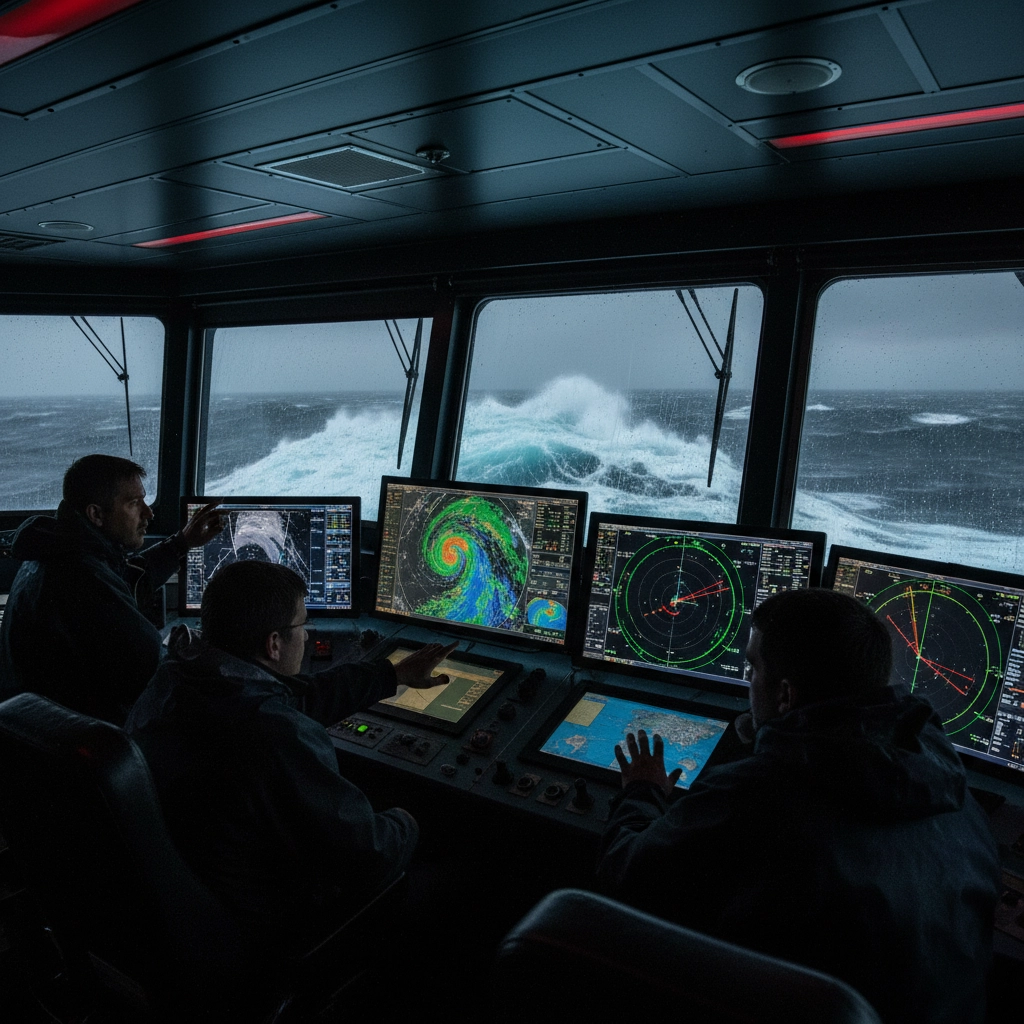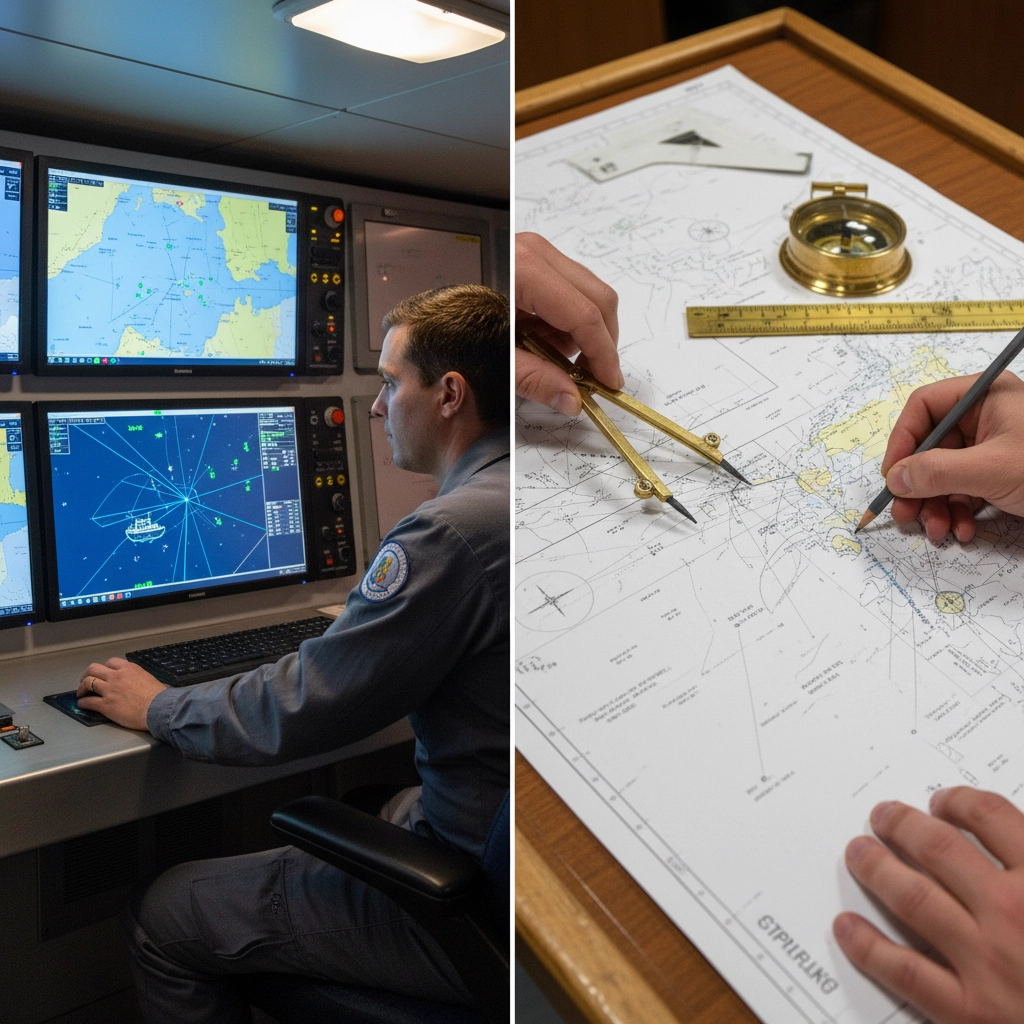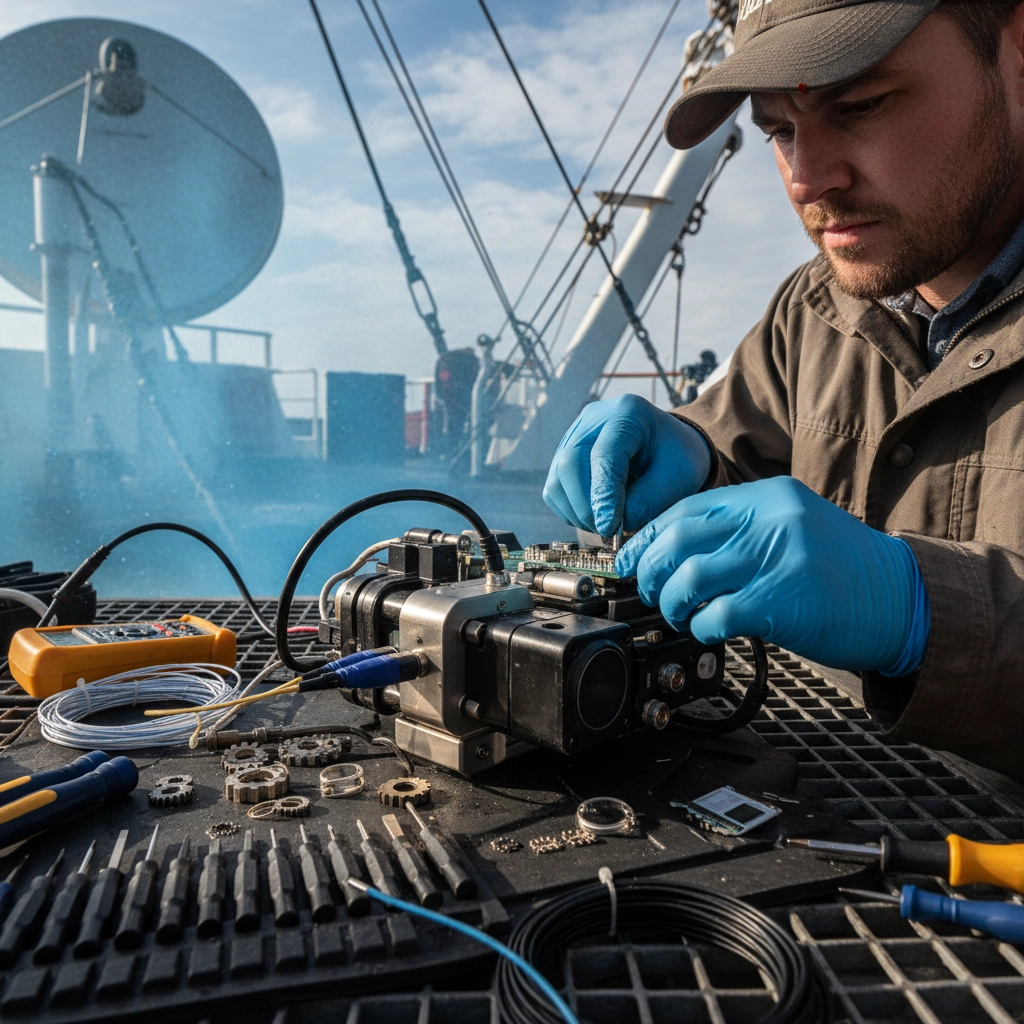Are You Making These 7 Common Marine Science Expedition Planning Mistakes? (And How to Fix Them)
- Caleb Mullenix
- Nov 2, 2025
- 4 min read
Ensuring the safety and educational success of marine science expeditions requires meticulous planning and attention to critical details that many educators overlook. These seven common mistakes can compromise student safety, waste valuable resources, and diminish the scientific learning experience your students deserve.
Mistake #1: Inadequate Marine Weather Assessment and Monitoring
Many expedition planners rely exclusively on standard weather applications designed for land-based activities, failing to obtain comprehensive marine-specific forecasting data. This oversight creates dangerous situations where expeditions encounter unexpected sea conditions, high winds, or severe weather systems.
The Solution: Implement a comprehensive marine weather monitoring protocol. Begin by utilizing dedicated marine weather services that provide detailed information about wind patterns, wave heights, sea states, and storm trajectories. Establish a routine of checking forecasts multiple times daily, not merely before departure. Weather conditions at sea change rapidly, requiring continuous monitoring throughout your expedition.
Create contingency plans for various weather scenarios, including protocols for early return, alternative sheltered locations, and communication procedures with base operations. Ensure all expedition leaders understand how to interpret marine weather data and recognize warning signs of deteriorating conditions.

Mistake #2: Over-Dependence on Automated Navigation and Safety Systems
While Electronic Chart Display and Information Systems (ECDIS) and automated Safety Management Systems represent valuable technological advances, excessive reliance on these tools creates dangerous blind spots in navigation and decision-making processes.
The Solution: Develop independent verification protocols that combine automated systems with traditional navigation methods. Train all navigation personnel to maintain dead reckoning positions, conduct regular visual confirmation of landmarks, and cross-reference radar patterns with electronic displays.
Establish mandatory intervals for position verification using multiple methods. Create backup navigation procedures that function independently of electronic systems, ensuring expedition safety even during equipment failures. Emphasize that automated systems should inform decisions, but trained personnel must maintain ultimate responsibility for navigation choices.
Mistake #3: Insufficient Survey Area Assessment and Equipment Planning
Poor pre-expedition reconnaissance leads to equipment loss, safety hazards, and mission failure. Many expeditions deploy research instruments without thoroughly understanding bottom substrate, underwater obstacles, or environmental conditions in their target areas.
The Solution: Conduct comprehensive pre-survey assessments of all planned research locations. Consult nautical charts, notices to mariners, and local maritime knowledge to identify potential hazards including fishing nets, debris, shipwrecks, and underwater obstacles.
Develop detailed equipment deployment protocols that account for specific environmental conditions. Create equipment recovery contingency plans and ensure all personnel understand proper deployment and retrieval procedures. Map potential emergency shelter locations and alternative research sites before beginning field operations.

Mistake #4: Inadequate Equipment Maintenance and Spare Parts Inventory
Equipment failures represent inevitable challenges during marine expeditions, yet many planning teams fail to prepare adequate maintenance capabilities and spare parts inventories. Cable malfunctions, instrument damage, and mechanical breakdowns become expedition-ending problems without proper preparation.
The Solution: Create comprehensive equipment maintenance checklists and spare parts inventories. Stock all critical replacement components, including cables, seals, batteries, sensors, and mechanical parts. Ensure expedition team members possess appropriate maintenance skills and access to necessary tools.
Document complete equipment specifications, maintenance requirements, and troubleshooting procedures before departure. Establish maintenance schedules for all instruments and safety equipment. Create equipment testing protocols that verify functionality under realistic field conditions before beginning scientific operations.
Mistake #5: Rushed Pre-Expedition Scientific and Logistical Preparation
Expeditions that skip thorough pre-cruise preparation waste valuable sea time, compromise data quality, and create safety risks. Inadequate understanding of research objectives, untested equipment, and incomplete logistical arrangements lead to mission failure.
The Solution: Implement mandatory pre-expedition preparation workshops that address all aspects of the upcoming mission. Ensure all personnel completely understand research objectives, scientific protocols, data collection requirements, and safety procedures.
Conduct comprehensive equipment testing in controlled environments that simulate field conditions. Verify all permits, funding arrangements, and logistical support before departure. Create detailed operational timelines that account for equipment setup, data collection periods, weather delays, and emergency procedures.

Mistake #6: Inadequate Deep-Sea and Extreme Environment Risk Assessment
Deep-sea and extreme marine environments present unique hazards that require specialized preparation. Hydrothermal vents, extreme depths, strong currents, and equipment limitations create risks that standard marine safety protocols do not address.
The Solution: Develop environment-specific risk assessment protocols that address the unique challenges of your research area. For deep-sea operations, verify all pressure ratings, hull materials, and seal integrity. Establish clear depth limitations and emergency ascent procedures.
Create specialized communication protocols between surface support teams and underwater operations. Develop contingency plans for equipment implosion, communication failure, entanglement situations, and emergency equipment deployment. Ensure all personnel understand environment-specific emergency procedures and evacuation protocols.
Mistake #7: Poor Interpersonal and Operational Planning
Extended periods at sea create stress, fatigue, and interpersonal tensions that compromise decision-making, safety awareness, and expedition effectiveness. Inadequate attention to crew scheduling, conflict resolution, and morale maintenance leads to preventable accidents and mission complications.
The Solution: Develop comprehensive operational schedules that balance scientific objectives with crew welfare requirements. Create detailed shift rotations that ensure adequate rest periods and prevent fatigue-related errors.
Plan varied meal schedules, recreational activities, and stress-relief opportunities. Establish clear communication channels for addressing interpersonal conflicts and operational concerns. Ensure team composition considers personality dynamics, skill complementarity, and leadership capabilities.
Create protocols for addressing medical emergencies, personal conflicts, and crew welfare issues. Establish regular team meetings to address concerns, review safety procedures, and maintain group cohesion throughout the expedition.

Ensuring Expedition Success Through Comprehensive Planning
Successful marine science expeditions require attention to technical, environmental, and human factors that extend far beyond basic logistical arrangements. Implementing systematic approaches to weather monitoring, navigation verification, equipment preparation, and crew management creates the foundation for safe, productive scientific research.
The investment in thorough preparation, independent system verification, and contingency planning pays dividends in enhanced safety, improved data quality, and enriched educational experiences for students and educators alike.
For educators seeking to provide students with expertly planned marine science expeditions that prioritize safety and educational excellence, Appleseed Expeditions offers comprehensive support for creating transformative learning experiences in marine environments. Our experienced team handles the complex planning requirements that ensure your students can focus on discovery and learning while maintaining the highest safety standards throughout their scientific adventure.



Comments